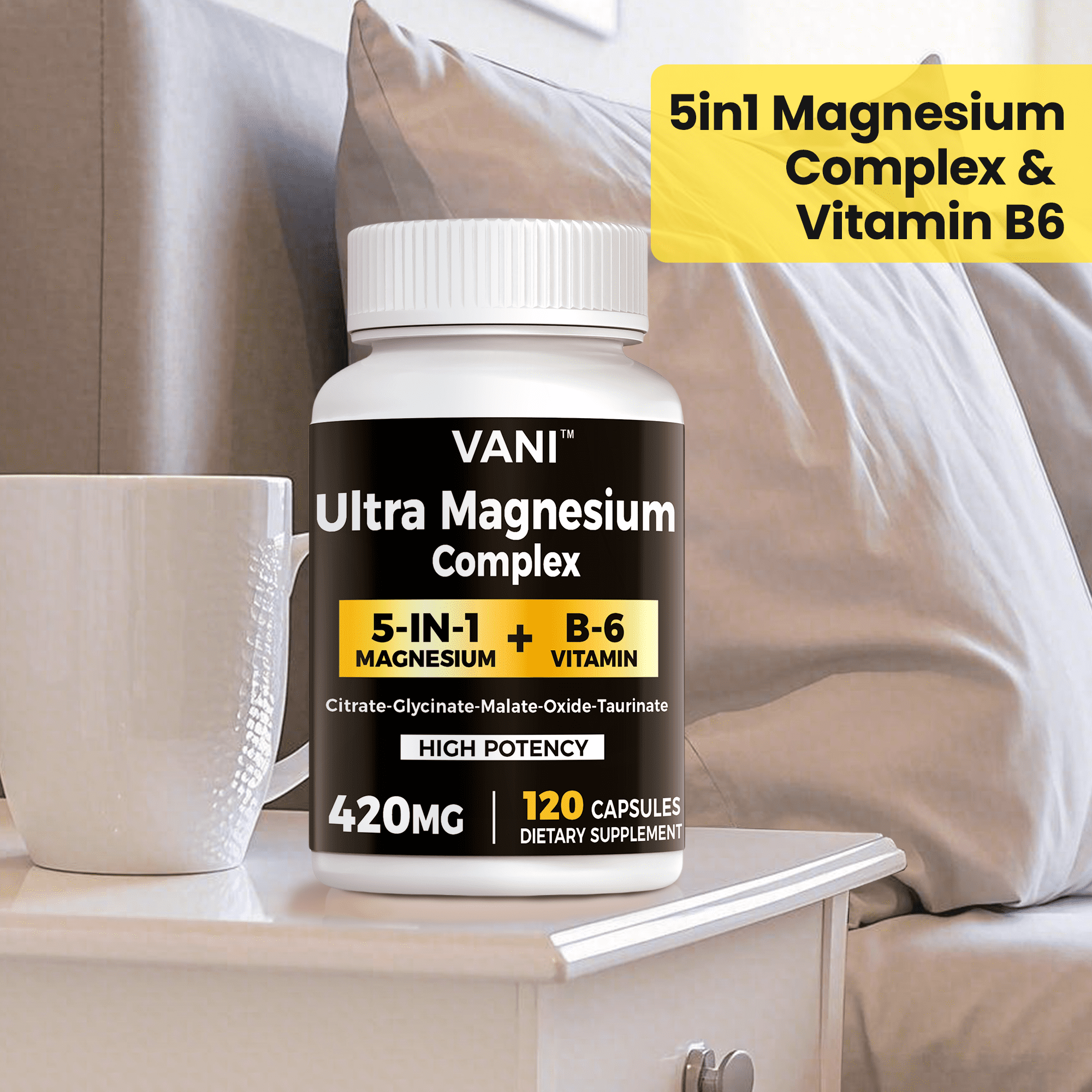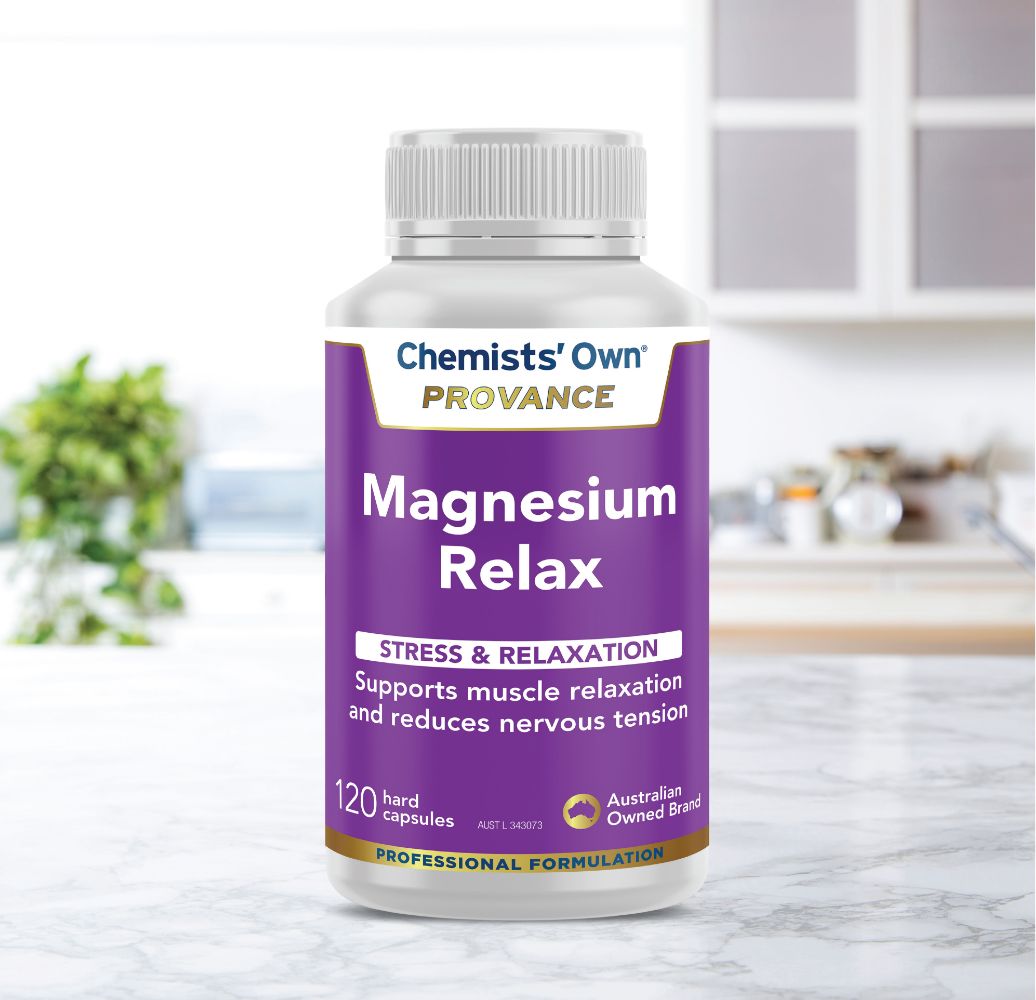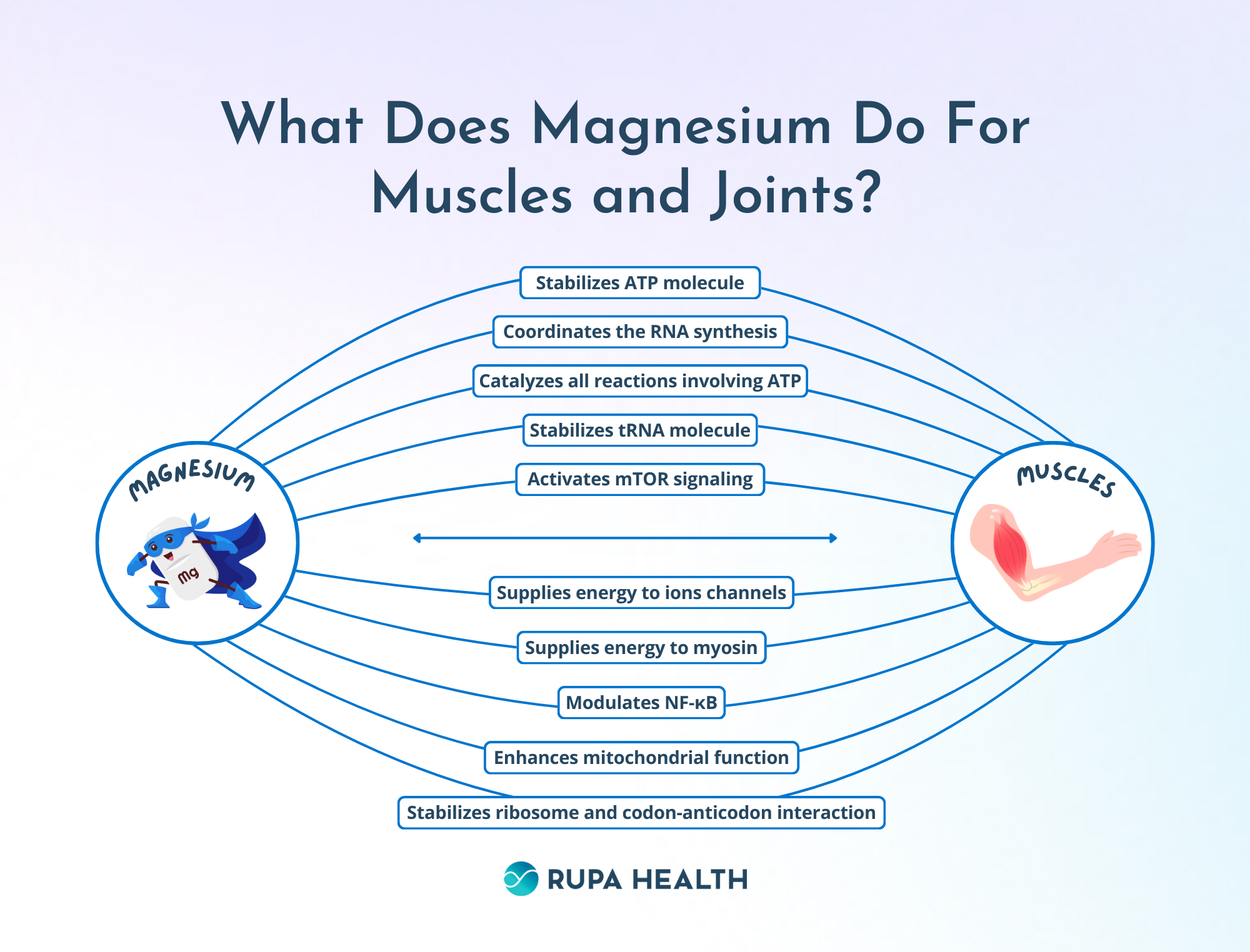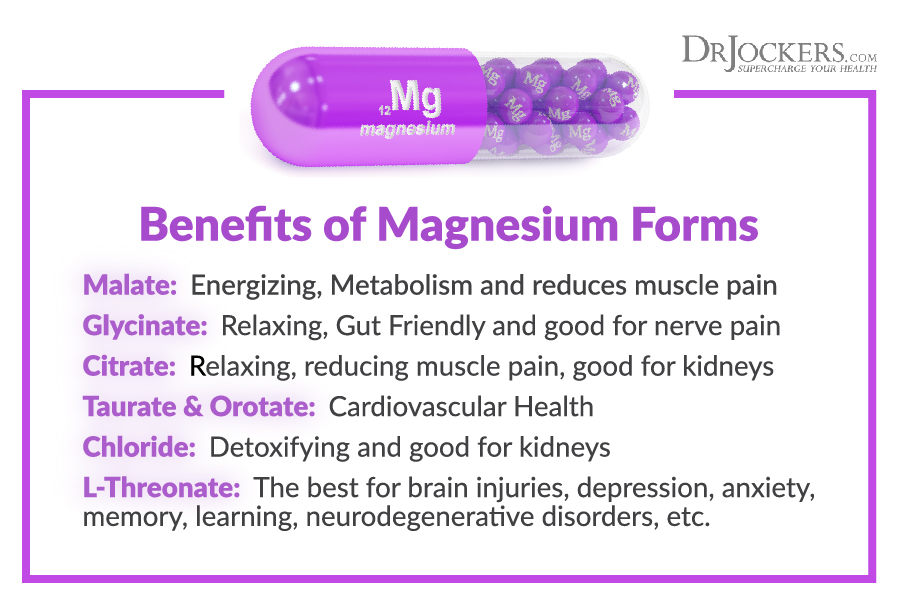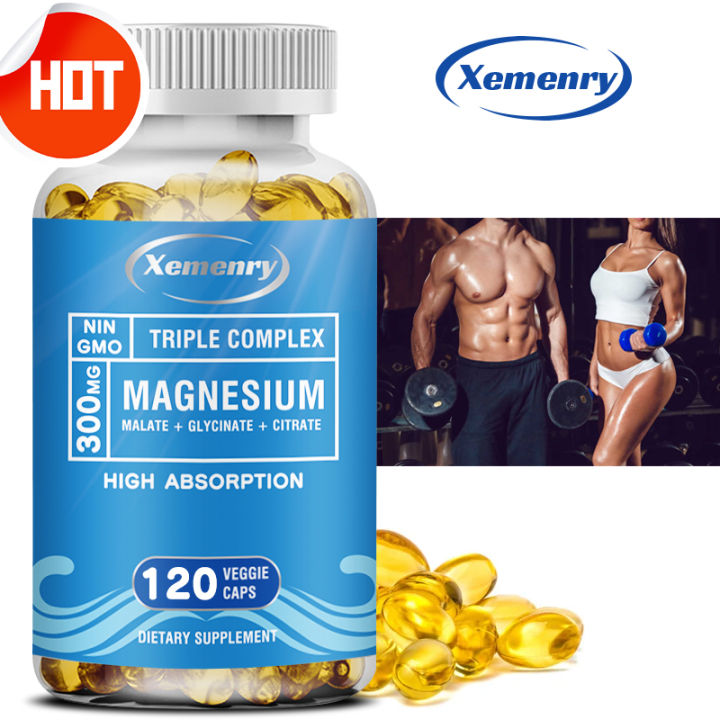Which Magnesium Is Best For Muscle Relaxation

Muscle cramps and tension got you down? The right magnesium supplement could be the key to unlocking relief, but navigating the options can be overwhelming.
This article cuts through the confusion, delivering essential information to help you choose the best magnesium for muscle relaxation, based on absorption rates and specific benefits.
Magnesium Forms: Decoding the Options
Not all magnesium is created equal. Absorption rates vary significantly between different forms, impacting their effectiveness.
Magnesium Glycinate: The Relaxation Champion
Magnesium glycinate is a clear frontrunner for muscle relaxation. It is bound to glycine, an amino acid known for its calming properties.
Studies suggest it's readily absorbed and less likely to cause digestive upset compared to other forms, such as magnesium oxide.
Who benefits? Individuals experiencing muscle cramps, spasms, anxiety, and sleep disturbances often find magnesium glycinate particularly helpful.
Magnesium Citrate: Effective, But Proceed with Caution
Magnesium citrate is another popular and relatively affordable option. It's well-absorbed by many and possesses a mild laxative effect.
However, this laxative effect can be a drawback for some, leading to diarrhea or discomfort.
Where to find it? Widely available in pharmacies and online, magnesium citrate is a common choice, but consider your individual sensitivity.
Magnesium Oxide: Avoid for Muscle Relaxation
Magnesium oxide is the cheapest and most widely available form. Unfortunately, it also has the lowest bioavailability.
This means your body absorbs very little of it, rendering it largely ineffective for muscle relaxation and more likely to cause digestive issues.
What does this mean? Skip magnesium oxide if you're primarily seeking muscle relief; its benefits are minimal.
Magnesium Taurate: Potential Heart Benefits
Magnesium taurate combines magnesium with taurine, an amino acid that may offer cardiovascular benefits.
Why consider it? If you're also looking to support heart health, magnesium taurate might be a good option, although more research is needed specifically on its muscle-relaxing properties.
When to use it? Individuals with both muscle tension and cardiovascular concerns might find this form beneficial.
Dosage and Considerations
The recommended daily intake of magnesium varies, but generally falls between 310-420 mg for adults. Individual needs can vary.
It’s crucial to start with a lower dose and gradually increase it to assess tolerance. Consult your doctor for personalized recommendations.
How to take it? Magnesium supplements are generally best absorbed when taken with food.
Potential Side Effects and Interactions
While generally safe, magnesium supplements can cause side effects, particularly at high doses. Diarrhea is the most common.
Magnesium can also interact with certain medications, including antibiotics and diuretics. Consult with your doctor before starting any new supplement.
Who should be cautious? Individuals with kidney problems should exercise caution and consult their doctor before taking magnesium supplements.
The Verdict: Magnesium Glycinate Takes the Lead
For effective muscle relaxation, magnesium glycinate is the clear winner due to its high bioavailability and calming effects.
Magnesium citrate can be a viable alternative, but be mindful of its potential laxative effects. Avoid magnesium oxide for muscle relaxation due to its poor absorption.
Always consult with your healthcare provider before starting any new supplement regimen to determine the right form and dosage for your individual needs and health conditions.
Next Steps and Ongoing Developments
Researchers continue to explore the benefits of different magnesium forms. Stay informed by consulting reputable sources and medical professionals.
Pay attention to product quality. Choose supplements from reputable brands that undergo third-party testing for purity and potency. Prioritize your health.
Monitor your symptoms and adjust your approach as needed, working closely with your doctor to optimize your magnesium intake for optimal muscle relaxation and overall well-being.

